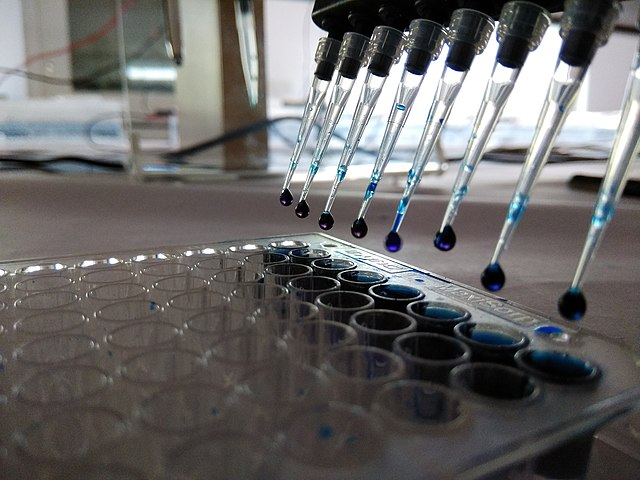An artificial intelligence tool developed by scientists is capable of predicting the return of tumour growth in cancer patients. The discovery, hailed as "exciting" by clinical oncologists, could forever transform the monitoring of patients, the Guardian reports.
The study was conducted by the Royal Marsden NHS Foundation Trust, the Institute of Cancer Research, London, and Imperial College London. They successfully identified a model utilizing machine-learning – a type of AI – that can foretell the risk of cancer's return and does it much better than existing traditional methods.
The results of the study were published in The Lancet's eBioMedicine journal, supported by the Royal Marsden Cancer Charity and the National Institute for Health Research.

Surveillance of patients post treatment is essential to warrant that strict action is taken against any reappearance of cancer. Clinical professionals had no other option but to rely on traditional methods for decades. These incorporate the ones centering around the original amount and spread of cancer, to foresee how a patient may cope in the course of time.
Dr Sumeet Hindocha, who led the study and is a clinical oncology specialist registrar at the Royal Marsden and Imperial College London says, "right now, there is no set framework for the surveillance of non-small cell lung cancer patients following radiotherapy treatment in the UK. This means there is variation in the type and frequency of follow-up that patients receive … Using AI with healthcare data may be the answer. As this type of data can be accessed easily, this methodology could be replicated across different health systems."
Hindocha deems it as "an exciting first step" towards the creation of a tool on a domestic as well as on a global level to take the wheel and guide the post-treatment monitoring of cancer patients.

Lee, the chief investigator of the OCTAPUS-AI study, believes that the AI model could be the indispensable key for not only in areas focusing towards revamping the results for cancer patients, but also on those aimed towards easing their fears as relapse is "a key source of anxiety" for several patients, "we hope to push boundaries to improve the care of cancer patients, to help them live longer, and reduce the impact the disease has on their lives."
He added later, "reducing the number of scans needed in this setting can be helpful, and also reduce radiation exposure, hospital visits, and make more efficient use of valuable NHS resources."
The AI tool is expected to detect reoccurrence much earlier in those at high risk, making sure that treatment is received immediately, However, it is also expected to result in less unnecessary follow-up scans and hospital visits for those at low risk.









